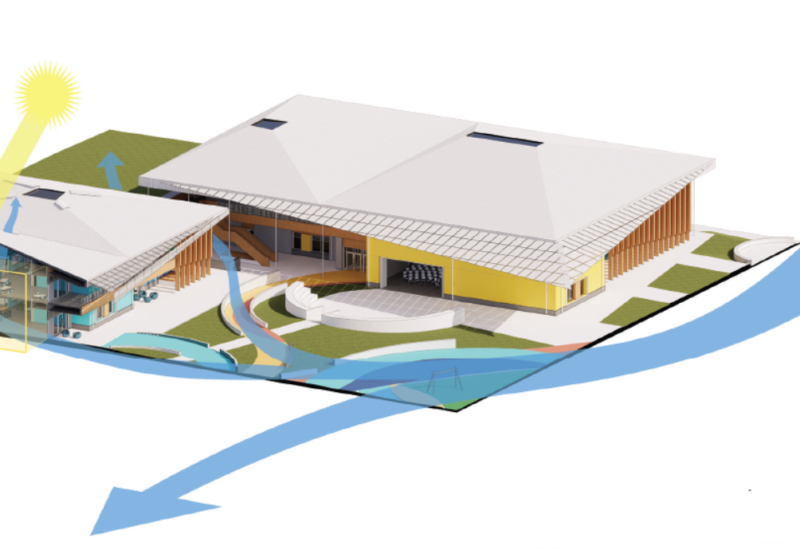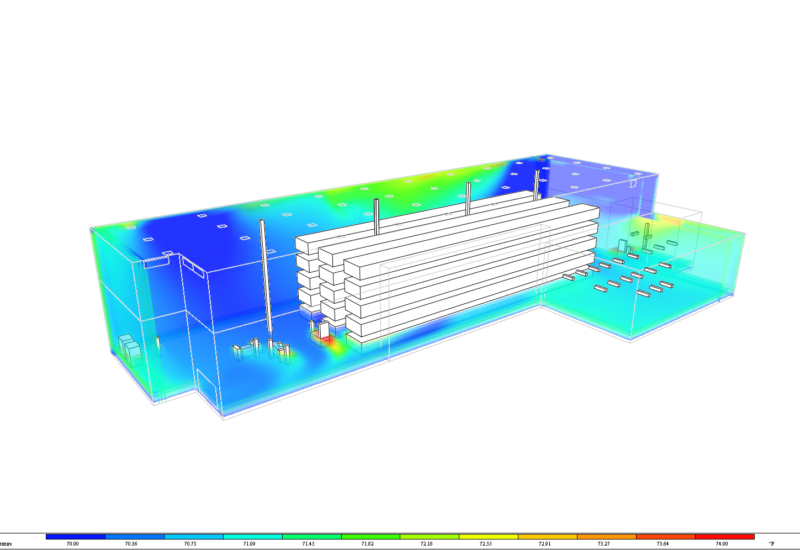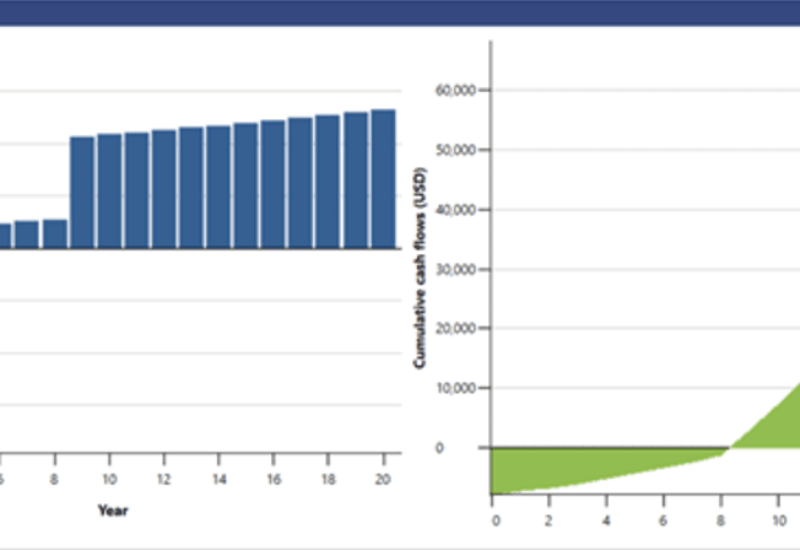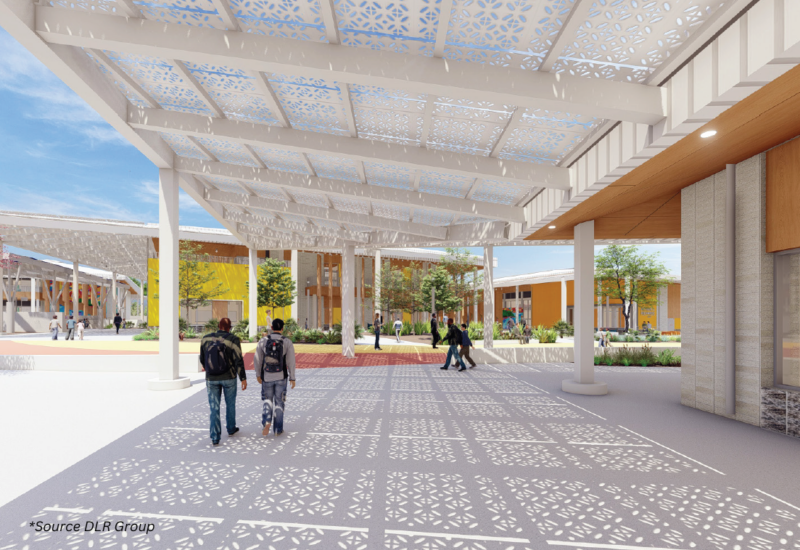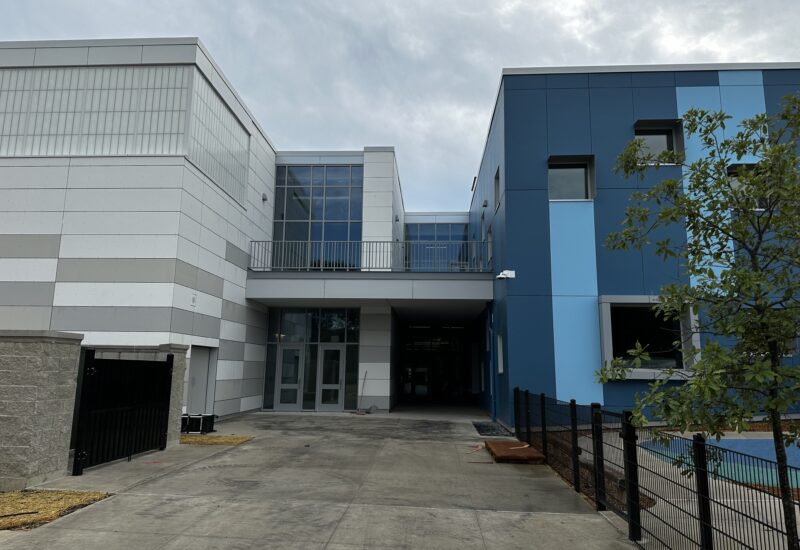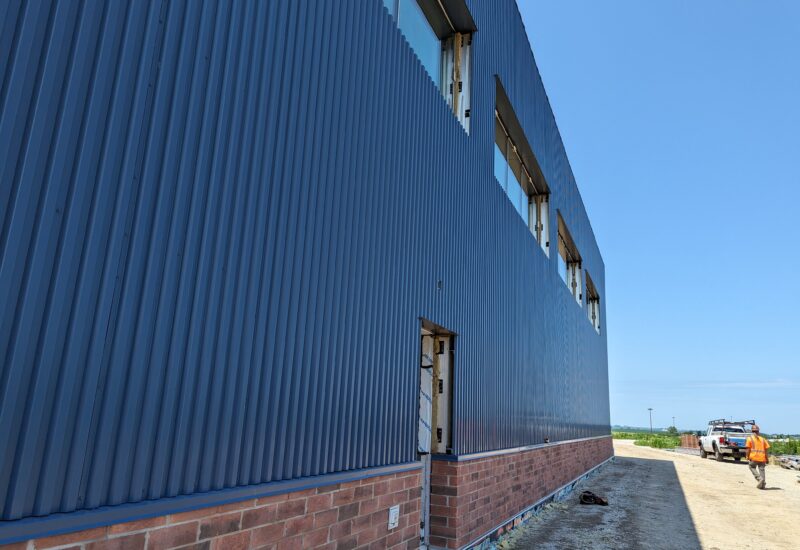A substantial part of electricity bills in commercial buildings can consist of demand charges. Demand charges reflect the penalty for the electricity consumed during peak hours, levied by the utility provider if the demand exceeds a certain threshold within a specific period. Lowering the peak power can drastically reduce demand charges. The ability to do so by dynamic, operational adjustments reflects the “energy flexibility” of the building.
Dr. Yuna Zhang, a Building Performance Analyst with Baumann Consulting, conducted in-depth research to help commercial building owners save on their monthly utility bills through demand charge reduction and improve energy flexibility of the building. To support retrofit and design improvement decisions, Dr. Zhang developed a decision-making platform to find the optimal mix of measures that delivers the most effective way of reducing demand charges by increasing energy flexibility and efficiency of commercial buildings. The platform targets the optimal combination of design and operational measures that maximize the net present value of the investment in all measures over twenty years for the owner.
She published this research in one of the most recognized international journals in the building sustainability field: Journal of Applied Energy (5-Year Impact Factor: 7.5). In that paper, Dr. Zhang evaluates the measures that are commonly adopted to decrease energy consumption and increase energy flexibility, including:
- Upgrading building components and installing energy efficient equipment
- Applying dynamic building load control strategies
- Installing a rooftop photo-voltaic panel array
The research provides novel support for the decision making by building operators when faced with the opportunity to reduce demand charges. For more detail of the research, please access the paper here.
At Baumann, we always seek cutting edge technologies and research in buildings and are excited to have Dr. Yuna Zhang on our team to apply her expertise in that field. That is why Baumann is actively engaged with leading research institutions to support research and development projects that drive innovation and technology transfer in the energy efficient building sector.
Glossary
Demand – the rate at which electric energy is used at any instant or averaged over any designated period of time, measured in kilowatt (kW)
Demand charge – the penalty for electricity consumed during on-peak hours, levied by the utility provider, calculated in $/kW/month
Energy flexibility – the ability to flexibly adjust the daily load profile through effective communication and control technology without compromising the basic functions and the normal operation of the building

